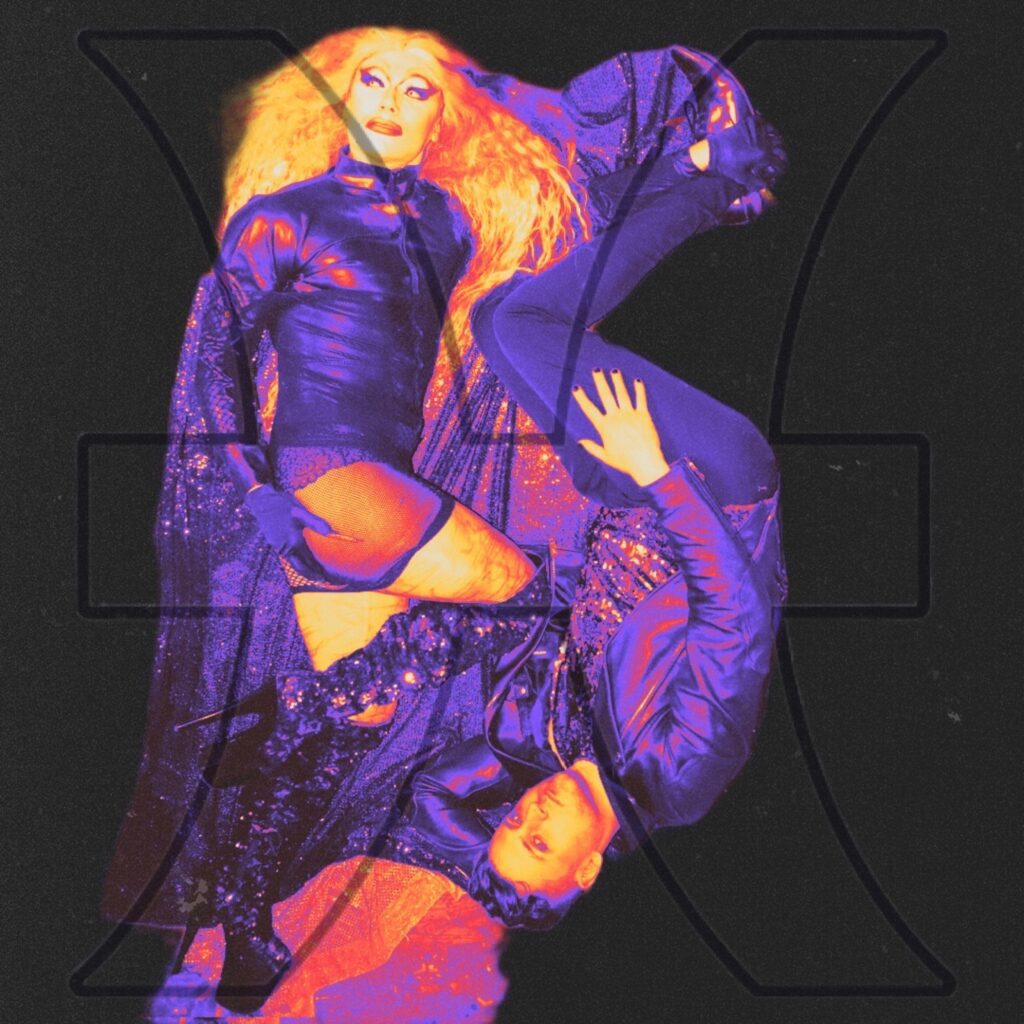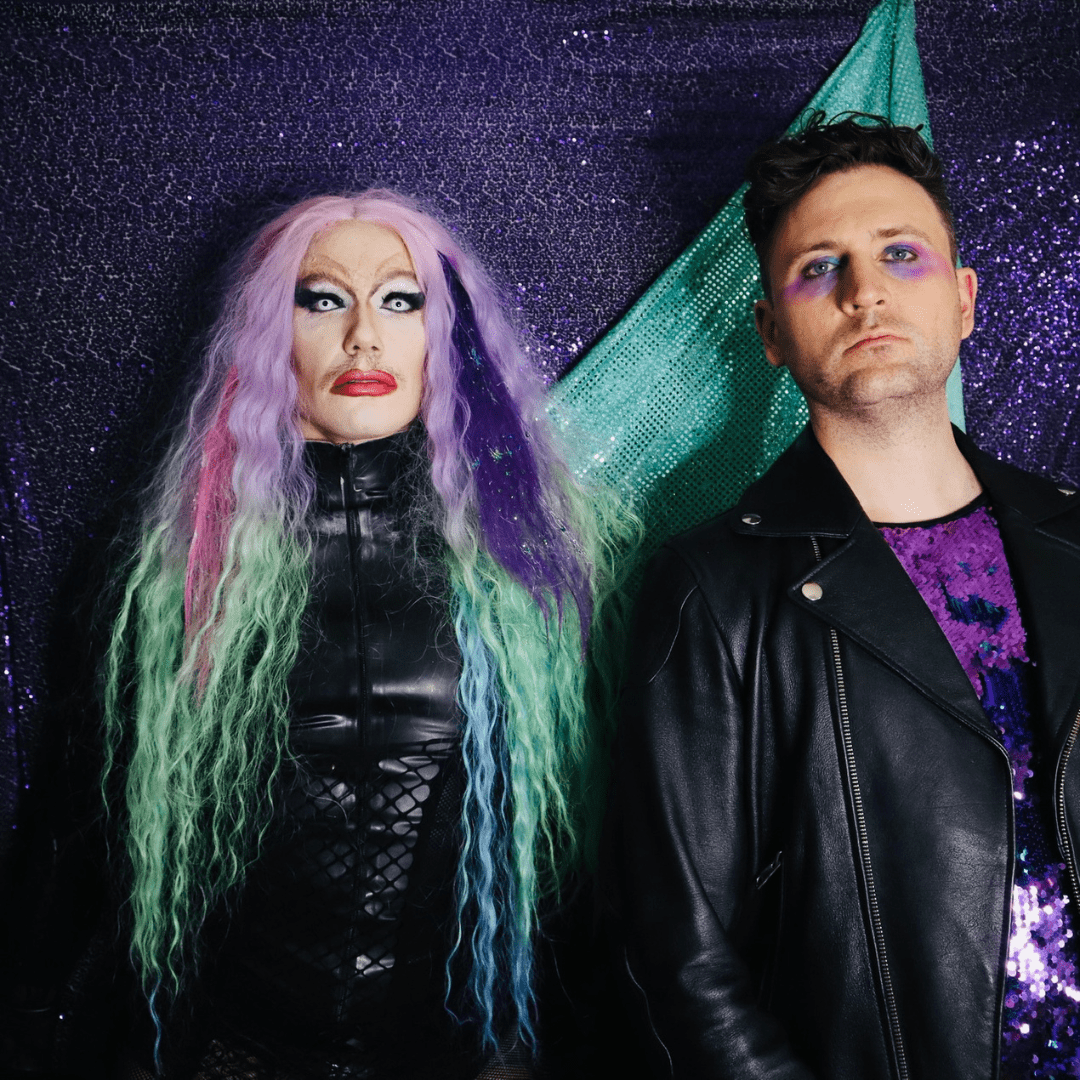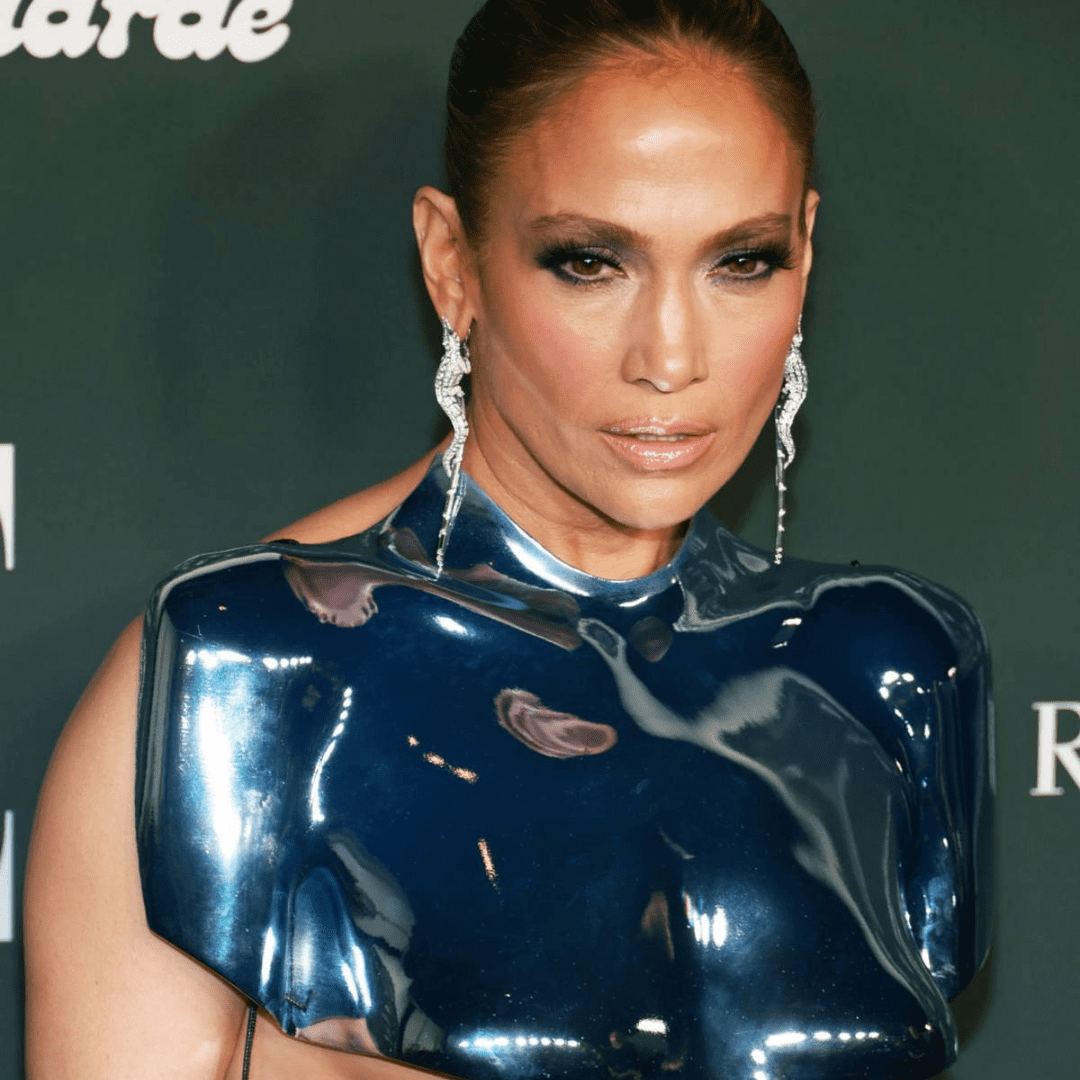Enid Ellen discusses the evolution of their songs, highlighting the significant role of technological advancements and collaborations. From early DIY recordings to more complex productions involving soundproof studios and experienced producers, their music has transitioned from the raw energy of ‘Cannibal Disease‘ to the layered complexity of ‘Piss Boi Pisces.’ Collaborations with musicians like Greg, Mark, and Tom, and producers like Nandor Nevai, Julian Brau, and Eric Shepard, have been pivotal in shaping their style.
Enid Ellen emphasizes personal experiences, particularly his relationship with his mother and nature, as key influences in his songwriting. He touches upon tackling global issues and LGBTQIA+ challenges in songs like “The Surge,” transforming these complex themes into powerful rock anthems.
The upcoming album Piss Boi Pisces promises a blend of hardcore and unexpected sounds, showcasing the group’s ability to integrate visual creativity with music for vivid storytelling. Also, Enid Ellen’s geographical and identity journey, from Ohio to New York, has significantly influenced their musical style and themes, with plans to potentially explore new instruments and styles in the future.
Read the full interview below.
From the raw, DIY feel of ‘Cannibal Disease‘ to the more refined sound in ‘Piss Boi Pisces,’how do you feel your music has evolved over time, and what were some key moments or influences that shaped this evolution?
I think the technology that we have gained access to has allowed for the music to really develop into something new. More tools to play with. Early on some of the first songs were just me recording into a tape recorder with a pair of drumsticks before Greg and I really started collaborating. Greg opened that up for the songs. He built melodies with the poetry I was writing. These new songs have really pushed even further with Mark on drums and Tom on bass. The sonic layers make a party. It’s an Alice in Wonderland tea party now. We throw things at the wall and mold it all into something understandable. We recorded it in a really nice studio upstate with soundproof rooms etc. the real deal.

‘Cannibal Disease’ was recorded with Nandor Nevai near Albany. He’s an experimental metal musician and we had a blast bringing those songs to life with him. Half of ‘Beyond Reality’ was recorded in Brooklyn at our friend Eric Shepard’s home studio and the other half with Julian Brau at his home studio. They both taught us so much about producing and mixing an album. I like the idea right now of being understood and clear. Going into a new studio with someone we didn’t know brought something totally new to this album.
Your songs “Queen Mother” and “Pretty on the Sea” are deeply personal, reflecting on your relationship with your mother and nature. How do you balance such intimate experiences with the broader themes in your music, and what role does this personal connection play in your songwriting process?
It always starts with the personal. I’m traveling along the Atlantic coast and I’m feeling something when I look out on the horizon. I feel like I could lose myself and leave everything behind. I’m trying to put that feeling into words. My mother always shows up in the songs. She was an awesome human. She taught me to appreciate things in nature. She cried a lot. She felt a lot. She also scared the sh*t out of me and made me feel insane. She loved me. I guess she gave me a pallet of emotions to play with. She embodies Mother Nature for me now that she’s left her physical body.
In “The Surge,” you touch on themes like global political divide and LGBTQIA+ challenges. Could you share the creative process behind this song, and how you translated these complex themes into the powerful rock anthem it became?
It’s never so obvious. At least lately for me the lyrics don’t always spell it out. A lot of the time the sonic landscape Greg creates dictates my lyrics. I remember feeling so much rage with the “Don’t say gay” bills. They can’t erase us and yet that’s exactly what they are attempting to do. We exist and their children exist. And there’s not enough room in New York City for us all to escape to. It seems religion drives a lot of the fanaticism. I was raised Catholic and Christian Scientist and I saw the way these religions bring so much comfort and so much pain. Greg brought the rock and Mark’s drums really knocked it out.
What should fans expect from your upcoming album? Can you elaborate on how you integrate visual creativity with musical composition to create vivid storytelling in your work?
The album is hardcore and really has so much unexpected sound if you ask me. I was surprised by a lot of the songs, like where did this come from? But that’s just it, letting the stuff come through. The sound goes from ballads to hard rock. I write lyrics from a visual place. I see things in the world and they manifest. Once they meld together with Greg’s melodies they become something different. Lots of times the music conjures color for me. Or a nostalgic memory. “Pisces Heart” makes me think of “The Rainbow Connection.” Kermit is definitely coming through and I’m here for that.
As queer individuals from Ohio now thriving in New York, how has your geographical journey and identity influenced your musical style and the themes you explore in your songs?
Well, let’s just say I feel much more free and alive in NYC. It’s being seen here that really allows for true dialogue. The oppression in the conservative part of Ohio I grew up in was stifling. It was also the memories of my mom and her drinking. I had to run away from that. I remember going back and apologizing to the trees in the town I grew up in, saying I’m sorry I couldn’t be with them right now, but it’s the people. I need these NYC people to take me out of this shell. I need to recreate my gay world where I’m not seen as other. Where people teach their kids about me and there’s no stigma.

“Acadia” features a unique metaphorical narrative comparing a stripper to the resilience of the land. What inspired this particular metaphor, and how do you approach such creative and unconventional storytelling in your music?
Well during the pandemic I thought a lot about sex workers. Like how are they being paid right now? That struggle. I was also thinking about ‘Standing Rock’ and the land being abused, constantly drilled and treated with disrespect. It’s like, if people don’t see immediate blood or screaming, does that mean there’s no abuse? I understand a type of dormant torture. I think when people can’t appreciate your true beauty it can be really tough to survive. The resilience of people and the land just blows my mind. I know some strippers and they have skills and they also deal with a lot of bullsh*t.
Considering your diverse musical influences, from ’90s grunge to spiritual witch music, how do you envision the future direction of Enid Ellen’s music? Are there any new styles or themes you’re eager to explore in upcoming projects?
I have recently been feeling like I need to learn the piano or guitar. Maybe I need to create some sonic space to step into; something with a melody. But maybe with technology, it won’t be the traditional method of using my fingers on the keys. I guess we’ll see.
Listen to Enid Ellen’s music below:
Watch the official music videos for “The Surge” and “Acadia” here:


